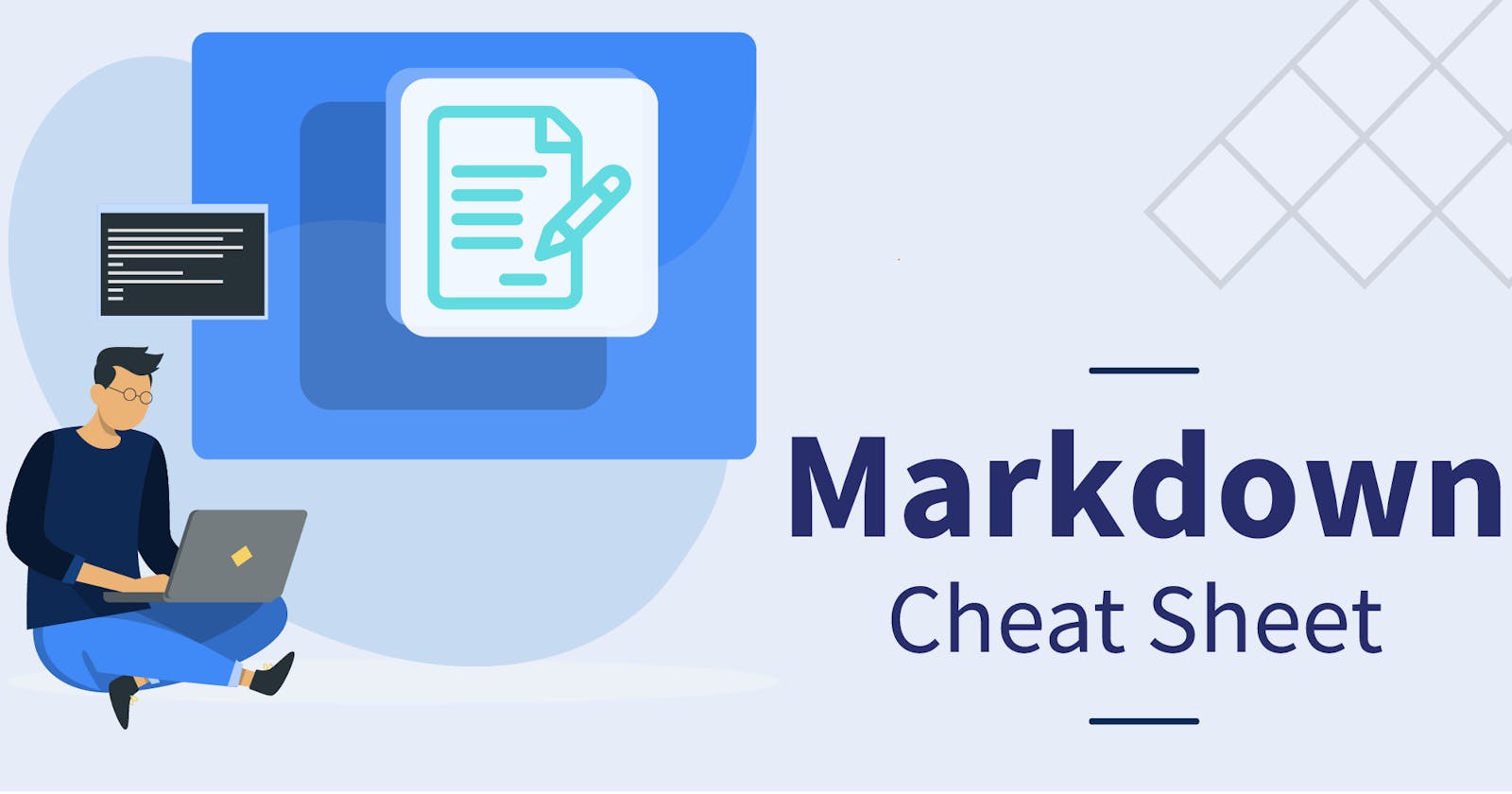Markdown is a lightweight markup language for creating formatted text using a plain-text editor.
In an application like Microsoft Word, you click buttons to format words and phrases, and the changes are visible immediately. Markdown isn’t like that. When you create a Markdown-formatted file, you add Markdown syntax to the text to indicate which words and phrases should look different.
Some of the syntaxes used in Markdown are:
- Headings
# Heading 1
## Heading 2
### Heading 3
Heading 1
Heading 2
Heading 3
- Bold
**Bold Text**
Bold Text
- Italic
*Italicized Text*
Italicized Text
- Blockqoute
> blockquote
blockquote
- Ordered List
1. First item
2. Second item
3. Third item
- First item
- Second item
- Third item
- Unordered List
- First item
- Second item
- Third item
- First item
- Second item
- Third item
- Code
`code`
code
- Fenced Code Block
{
"firstName": "John",
"lastName": "Smith",
"age": 25
}
{ "firstName": "John", "lastName": "Smith", "age": 25 }
- Horizontal Rule
---
- Link
[Hashnode](https://areebsiraj007.hashnode.dev/position-property-in-css)
- Image

- Definition List
term
: definition
term : definition
- Table
| Syntax | Description |
| ----------- | ----------- |
| Header | Title |
| Paragraph | Text |
Syntax Description Header Title Paragraph Text
- Fenced Code Block
{
"firstName": "John",
"lastName": "Smith",
"age": 25
}
{ "firstName": "John", "lastName": "Smith", "age": 25 }
- Footnote
Here's a sentence with a footnote. [^1]
[^1]: This is the footnote.
Here's a sentence with a footnote. [^1] [^1]: This is the footnote.
There are some more which you can refer to in this image:

Happy learning !!!

